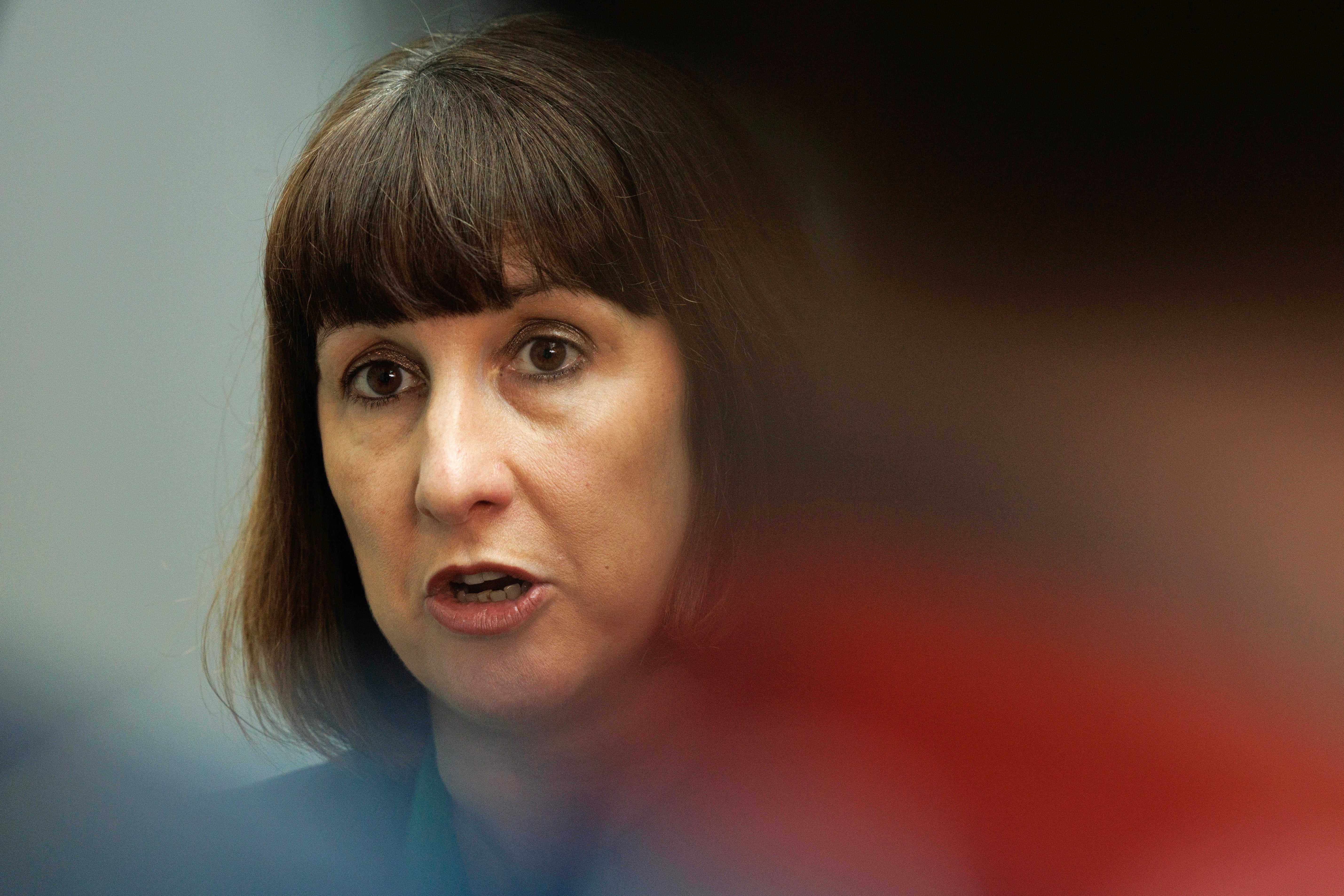Good luck closing tax loopholes, Rachel Reeves – the rich will always find a way
By investing £555m on hiring more tax collection officers and moving against offshore schemes, the shadow chancellor maintains she will succeed where others have failed. She will not, says Chris Blackhurst


As shadow chancellor, Gordon Brown liked to promise that once in government he would launch a tax crackdown. Labour would be better at collecting taxes, he said – and there were rich pickings to be had by tackling tax dodgers.
That was during the run-up to the 1997 national ballot and Labour’s landslide triumph. Now, in 2024, here we are again. For Brown, read Rachel Reeves. The current shadow chancellor has taken to the airwaves, claiming she will raise £5bn a year narrowing the “tax gap” – the difference between the amount of money HM Revenue and Customs is owed and the amount it actually receives.
Reeves is also planning to close “loopholes” in the government’s plans to move against non-doms, people who are not domiciled in the UK for tax purposes, which will raise a further £2.6bn.
The parallels with 1997 are close. Then, the Labour leadership of Brown and Tony Blair, wounded by the humiliation of the 1992 election, were anxious to portray themselves as different from the party image of old, as high taxers, high public spenders. So they went down the more efficient collection route instead. In doing so, too, Labour was highlighting the suspicion that the Tories were in league with their rich supporters who don’t like paying their dues.
This time, Reeves and her boss, Sir Keir Starmer, again want to be seen as not harbouring a tax-raising agenda. So, out has come the clampdown pledge.
As a claim, it worked for Brown. Whether it has the same effect again, of course, remains to be seen.
It was, though, all told, a political boast designed to win votes. Once in office, Brown found that saying one thing and actually doing it were different. He was no more capable of enforcing tax collecting than his predecessors were.
Or his successors. David Cameron and George Osborne also highlighted non-payment of taxes as a priority and said how they would lead drives against tax dodgers. The Conservative-Liberal Democrat coalition government duly pumped £900m into tackling non-payment of taxes. It had some effect, but tax evasion is still very much with us. As is its softer sibling, tax avoidance. Despite best efforts, ways around the rules exist.
By investing £555m in hiring more tax collection officers and moving against offshore schemes, Reeves is maintaining she will succeed where others have failed. She may be right but history says otherwise... if she becomes chancellor, Reeves will soon realise the magnitude of the task in front of her.
There is no doubt that recruiting tax collectors is a step in the right direction. First, however, she will have to find them, and then they will require training. Only then, once they’re in the field, will the rewards come through. None of that is going to occur quickly.
To make the job more difficult, there is an entire industry dedicated to helping individuals and companies minimise their taxes. They’re higher rewarded than the Exchequer’s finest, many are more expert. Some are themselves former tax inspectors, persuaded to cross to the lucrative other side.
They have networks of offices in tax havens devoted to enabling the sheltering of taxes, creating complex paper structures, providing anonymity and enforcing barriers against authorities wishing to penetrate their secrecy.
If Reeves was really serious about raking in as much as possible, she should start by talking to her colleagues in the Foreign Office. They are responsible for overseeing some of the most secretive tax centres in the world. The Channel Islands, Gibraltar, Cayman Islands, British Virgin Islands, Isle of Man – these are places that earn their living from other countries’ taxes, including Britain, specifically in avoiding and evading them. There are others, all under British rule.
Reeves is choosing her numbers and language carefully. A figure of £5bn may sound like a lot but in reality, it is tiny; in 2022-23, the total public purse was £1,029bn. Even if she meets her target, it is so small as to be inconsequential.
Likewise, Reeves is not declaring the tax gap will vanish completely. Far from it. She will only narrow it or work on closing it. That’s understandable since the total gap is an estimated £36bn. Previous regimes had brought it down but in 2021-22, in the pandemic, it rose by £5bn – the result of staff sickness and shortages. Hence, possibly, Reeves is confident she can take the gap back to where it was, but that’s all she can do. There will still be a few tens of billions going missing.
This appears to be where we’re heading with this election campaign – lots of noise around what in fact is little money. Reeves’ room for fiscal manoeuvre is virtually non-existent. Britain already has one of the most onerous taxation systems in the world. Raising taxes to the levels that would transform the NHS, state schools, housing, social welfare and transport infrastructure is impossible, it would kill economic activity. And, here again, the rich would find a way of skirting her demands.
She’s forced to fall back upon other measures, in the hope we will be impressed. The trouble is the amount raised is nowhere near enough, and that’s if she succeeds. Others have been there before her and failed. There is little to suggest Reeves will be any different.






Join our commenting forum
Join thought-provoking conversations, follow other Independent readers and see their replies
14Comments